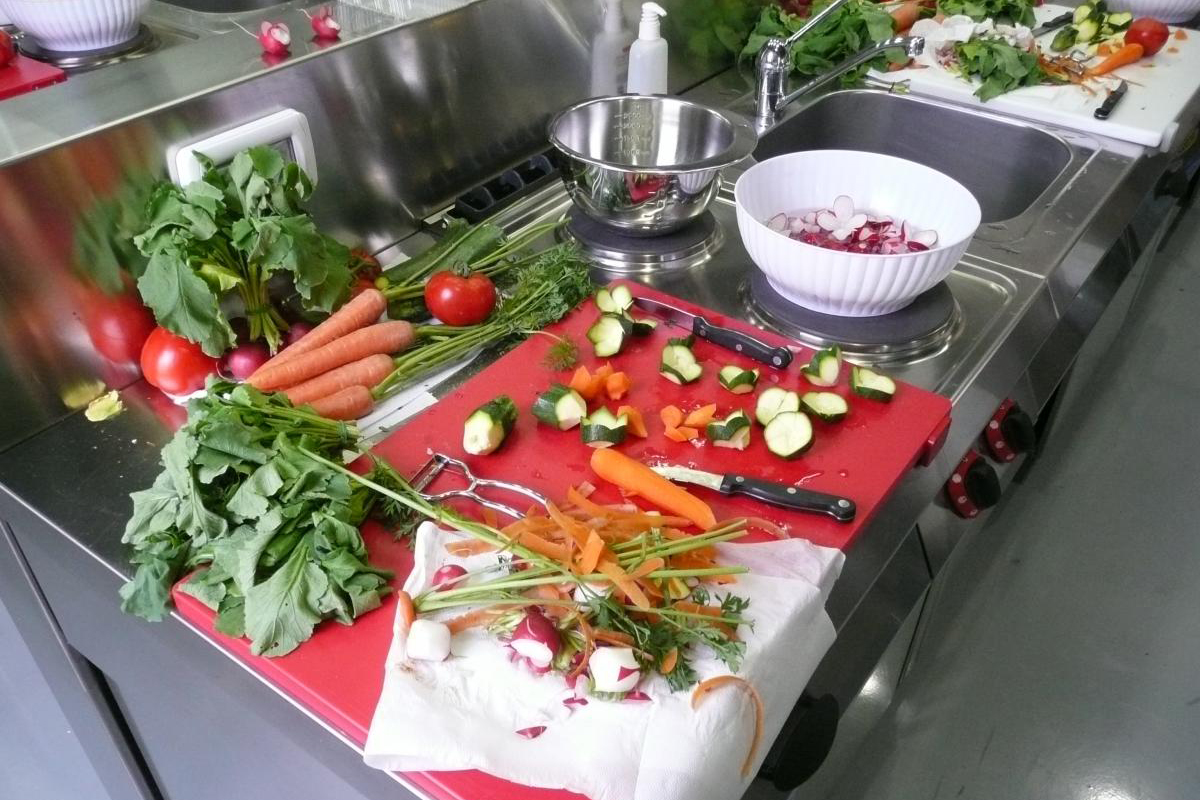The hospitality turns out to be a basic factor in the satisfaction of the tourist customer, in short, it is to do business serving the best possible to your guest.
The term hospitality comes from the Romans deriving from the Latin "hopitium" and defining itself as the virtue that is exercised by giving due assistance to the needs or the good reception and reception that is made to foreigners or visitors.
The hospitality process begins from the decision to make a trip until the tourist returns to their habitual residence, in this process a series of entities are involved that will provide the visitor with all the necessary services to make their stay an experience unforgettable.
People have always traveled for different reasons; for commerce, religion, family issues, immigration, education ... so he has needed to stay in other parts of the world. The first hotels were private houses open to the public, in fact some were sold with a bad reputation without any hint of hospitality, today it is not known with certainty what was the first place to offer hospitality as a form of service.
Nowadays, the tendency to provide experiences to consumers is growing , mainly in the services sector, and therefore in the hotel sector. The fact that customers seek new experiences has prompted hotels to create new concepts of services and new products, highlighting the stimuli that these products can produce in their consumption.
Features that show hospitality within a Hotel Project
Making a client feel good is not only the responsibility of a person, but of a whole team. Therefore, aspects related to good treatment, courtesy and respect must be taken into account since the messages are addressed to human beings, so this will raise our reputation and increase the flow of customers. There are words that reflect hospitality at any stage of the tourism process, some of them are:
Kindness: Look into the eyes of our client, welcome words and have details in a timely manner.
Friendship: We must consider the client as a friend whom we value, respect and give the best of ourselves.
Personalized and individualized attention: Each client requires different needs, so we must always be there to offer help, and provide it with professionalism and kindness.
Efficiency and efficiency: Availability and speed to solve problems.
Loyalty and familiarity: Being faithful to customers as they place trust in us, making them feel at home.
Patience: Solve customer doubts without overwhelming and maintaining patience.
Professionalism: Training, attitude and know-how before clients.
Gratitude: Thank you for choosing us, and be grateful before, during and after your stay.
Security: Inspire security from the first moment to our clients, tranquility and trust.
Receptivity: Always a good disposition for customer requests or suggestions.
Sympathy: Express words that reflect an affectionate and respectful attitude, along with cordiality using a jovial tone that makes communication easier.
Therefore, in order to be able to talk about a good hotel project, it is necessary to talk about hospitality in a broad sense, with the intention of guaranteeing and ensuring that guests experience a satisfactory feeling during their stay, thus increasing the accommodation offer of people of various origins, regardless of their social status. Not only is it enough to offer the basic needs, but it is also good to customize the service in a way that marks them forever and serves as an incentive to return on another occasion.
We start from the basis that hospitality applies to both customers and employees, thus creating a motivation to remain faithful to the work and the hotel's own reputation. The prosperity and success of a hotel project depends on individual goodwill, positive influence within the team, its ethics, and tolerance for all people.
In short, hospitality speaks more than the structure and popularity of a hotel, so it is important to consider hospitality in an integral way and beyond pure accommodation, where you can offer maximum attention to customers in duty as host s.
If you want to become a director of a hotel, you can choose our Hospitality Management and Advanced Food Science course, that is a course of 600 hours aiming to give to the students all the skills and knowledge required to successfully and efficiently manage a kitchen.











